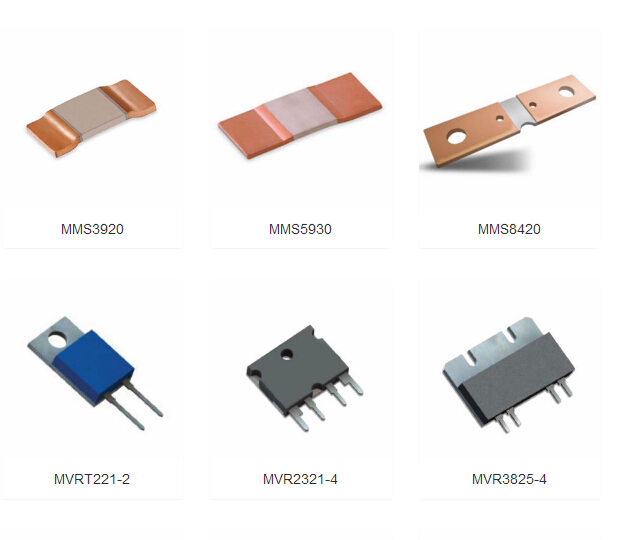Thin-film resistor technology and thick-film resistor technology are popular resistor production technologies in the market at present, and the use of these two resistance techniques can be seen on many resistors. When it comes to resistors, we have to think about the noise of resistors. In fact, all the resistors produce a certain amount of noise, it is only the size of the noise.
In many cases, resistance noise can lead to fatal defects, many products have strict control requirements for resistance noise.
The production techniques of thin-film resistors and thick-film resistors have been developing and improving on resistance noise. For a long time, this kind of improvement with lower electric noise can only show its importance in high-end audio applications. However, thick-film resistors are difficult to meet the noise requirements of the latest high-speed communication equipment, such as routers, bridges and DSL modems. Many factors lead to greater noise of thick-film resistors. One of the most significant differences between thin-film and thick-film techniques is the laser trimming characteristics. Once fired, the properties of thick film materials are actually similar to those of glass.

In addition, the noise of thick film resistors is always higher than that of thin film series. When the thick film resistance is produced, the laser dressing will form a lot of micro-cracks around the trimming area as the resistance material cools. These micro-cracks are a source of parasitic capacitance and incorrect current paths, all of which are inherent in the degradation of processing performance for high-speed communication signals.
In order to reduce the effect of laser trimming on thick film components, manufacturers usually add a layer of insulating glass to stabilize laser dressing. This layer contains trace amounts of lead and is well known for its importance in maintaining the long-term reliability of thick-film resistors. In view of its importance, the insulating glass layer is currently under the RoHS standard exemption.
However, it is unclear whether the exemption will continue to exist in the future, or whether the industry will require a stable lead-free method of laser trimming. Thin-film technology can provide an environment-friendly resistor because it does not require lead-containing glass that almost all thick-film chips will use.
Therefore, the noise of thick film resistor is bigger than that of thin film resistor. The fundamental reason is still the problem of production process. Thick film resistor can be more widely applied as long as the noise problem is solved. In addition, it is worth noting the breakthrough of thin-film resistor technology is also an effective way to reduce the problem of resistance noise. Its production design makes thin film resistors noise very low, which allows thin film resistors to be widely used in more advanced industries.














